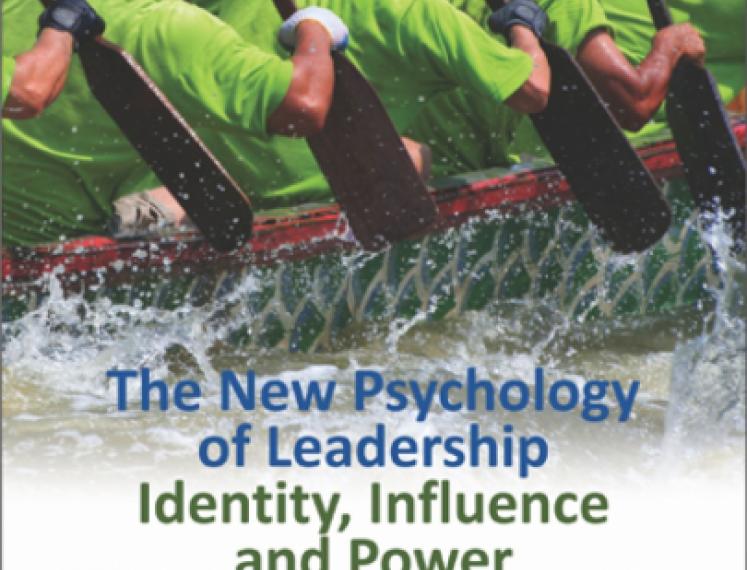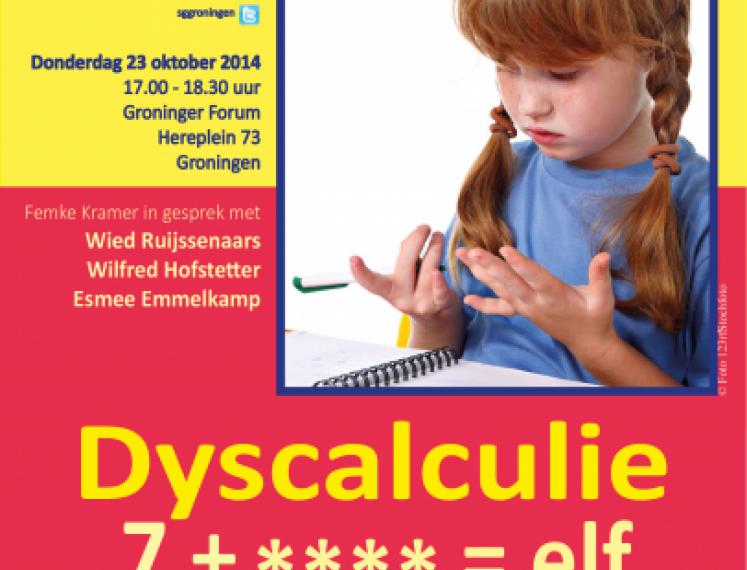The new Psychology of Leadership
Leadership is not simply about getting people to do things. It is about getting them to want to do things. Leadership is not an “I-thing”; it is very much a “we-thing”.
Effective leadership lies at the heart of human progress and it is generally explained in terms of the personal qualities of leaders that sets them apart from others — as superior, special, different. In contrast to this view, Alex Haslam argues that effective leadership is grounded in leaders’ capacity to embody and promote a social identity that they share with others. It argues that leadership is the product of individuals’ ‘we-ness’ rather than of their ‘I-ness’. This perspective forces us to see leadership, influence and power not as processes that revolve around individuals acting and thinking in isolation, but as group processes in which leaders and followers are joined together — and perceive themselves to be joined together — in shared endeavour. In order for this to succeed, leaders need to represent and champion the group and they also need to create and embed a sense of shared identity. Alex Haslam presents evidence of these processes in action, and spells out implications for a range of key topics in contemporary society.
Alex Haslam is Professor of Social and Organizational Psychology at the University of Exeter, UK. Together with colleagues he has written and edited 11 books and over 150 research articles and chapters. He has received several awards for outstanding contribution to research in social psychology and his work on leadership was identified by the New York Times as one of the top 100 ideas of the year. Recently he has been rewarded with a prestigious Australian Laureate Fellow at the University of Queensland. His latest book is The new Psychology of Leadership
Interesting links
Psychology Press The New Psychology of Leadership
Wikipedia Alex Haslam
Organized in co-operation with Honours College, University of Groningen



